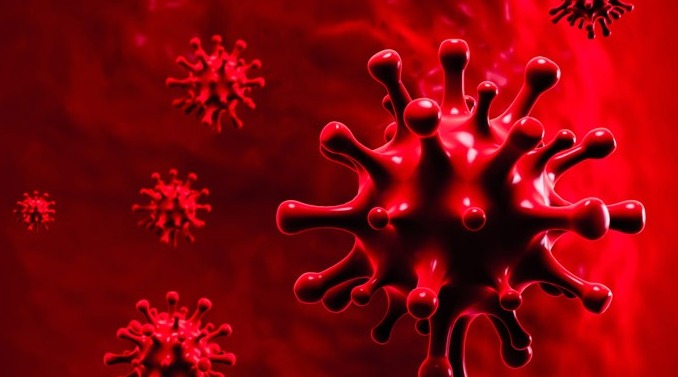New Delhi: Amid the recent rise in Covid-19 cases in India, driven by the subvariant of Omicron XBB.1.16, there has been an increase in risk of conjunctivitis among children aged below one year, according to a study, not yet peer-reviewed.
The study, led by Vipin M Vashishtha, a member of WHO’s Vaccine Safety Net, is based on 25 children seen in OPD of a paediatric hospital in Uttar Pradesh between April 4-16.
“Our preliminary findings show a higher involvement of young infants than older children and mild respiratory illness predominates other presentations,” Vashishtha, who is also a consultant paediatrician at the Mangla Hospital and Research Centre in Bijnor, UP, wrote in the study.
“One interesting finding was the presence of itchy, non-purulent conjunctivitis with mucoid discharge and stickiness of eyelids in 42.8 percent of positive infants,” he added.
Importantly, none of the children required hospitalisation. All recovered with symptomatic treatment, he said, in the paper published on preprint site Medrxiv.
Describing the cases on Twitter, Vashishtha said that the current Covid outbreak is causing a mild febrile illness lasting only 1-3 days.
He noted that respiratory symptoms are predominating in young infants, and the youngest case was a 13-day-old newborn baby.
“Young infants are disproportionately more affected than older children. The youngest infant was a 13-day-old neonate,” he wrote on Twitter.
“Infants below one year had a significantly higher positivity rate than older children (40.38 percent versus 10.5 percent),” he added.
IANS





